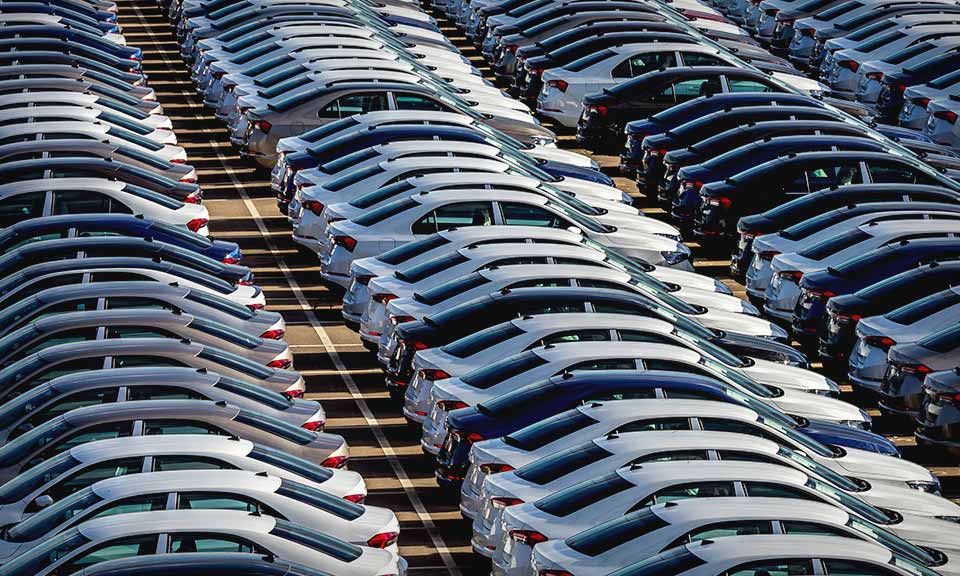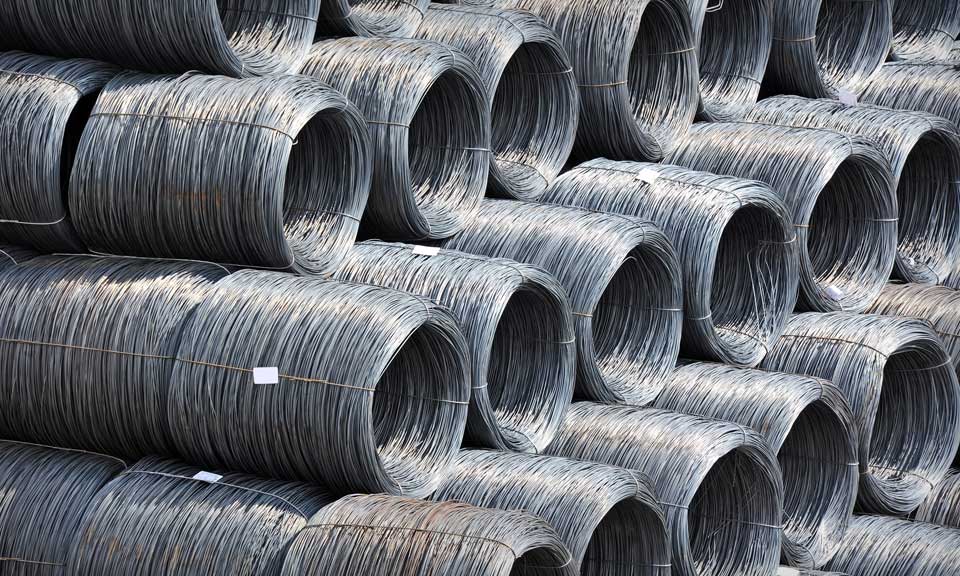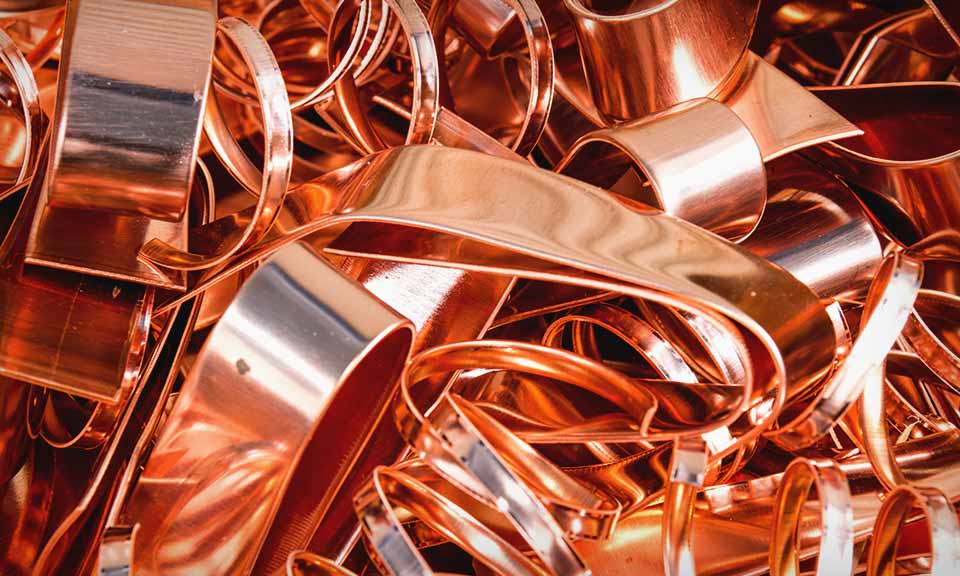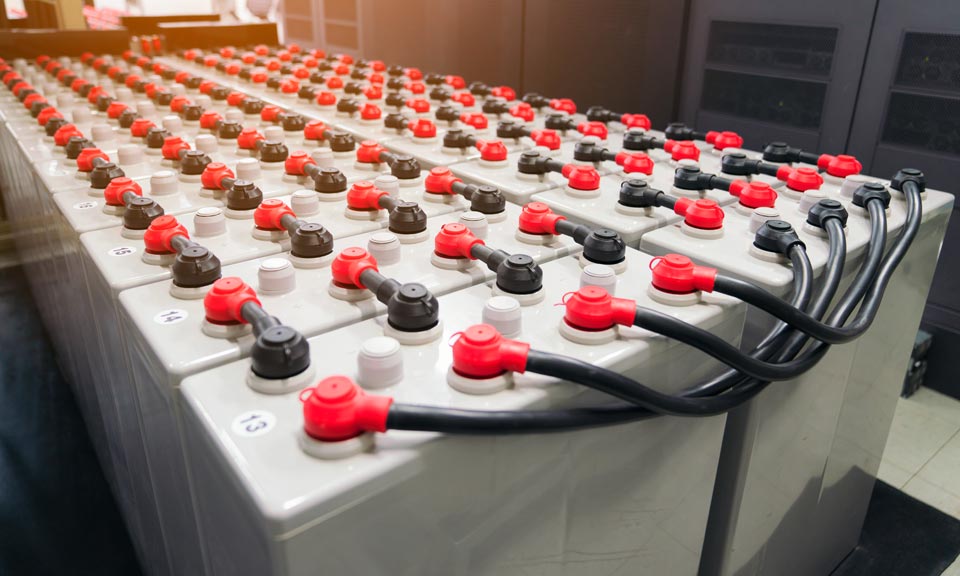Around the tracks: Vehicle makers stumble over geopolitics, supply chain tangle

Lockdowns to limit the spread of COVID-19 in China, especially in Shanghai, disrupted the supply chains of vehicle makers, who were already dealing with a shortage of semiconductor chips.
Market projections became more uncertain after Russia invaded Ukraine, as the latter was a key supplier of wire harnesses for vehicles to several European automakers. The invasion also affected chipmakers in the US as Ukraine manufactures gases such as neon which are used in lasers to produce the chips. Sanctions on Russia hit hard as over January to May, the region's vehicle sales sank 52% year on year to 318,114 units, data from the Association of European Businesses showed.
Rising raw material costs are hitting electric vehicles, which will push EV retail prices higher.
The Platts seaborne lithium carbonate and lithium hydroxide assessments jumped 115.9% and 139.4%, respectively, since the beginning of 2022 to $73,000/mt CIF North Asia and $75,900/mt CIF North Asia June 22, S&P Global Commodity Insights data showed.
Market uncertainty is likely to cause greater reliance on contracted volumes, which could prolong future contract discussions and increase protection of supply chains.
Forward gear: End of lockdown in Shanghai to mend supply chains
Reverse gear: Vehicle retail prices could exceed disposable incomes
Vehicle manufacturers are struggling to restore normal operations. Along with a likelihood that the war in Ukraine will not end anytime soon, the emergence of a bearish factor which could hit global economies could result in a recession never encountered before.
"For many countries, recession will be hard to avoid," World Bank President David Malpass said June 7. "Even if a global recession is averted, the pain of stagflation could persist for several years—unless major supply increases are set in motion."
Even though demand for new vehicles is strong, prices for these vehicles are rising and may well put them outside the comfortable price range for consumers whose earning power has been shrunk by at least two years of COVID-19 and their effects, notwithstanding inflation. Is it any wonder that stagflation is on the lips of economists and soothsayers?
Moreover, growing food protectionism could very well lead to an obvious choice of either filling up stomachs or gas tanks or charging up an EV battery.
Vehicle inventories in the US remained tight as production struggled to recover from semiconductor shortages and other logistical challenges that began in the first half of 2021.
Although vehicles at dealership lots will command record transaction prices, the impact of rising interest rates may curb this trend.
Hot-rolled coil prices have been volatile since they touched the $1,500/st mark, assessed by S&P Global for its daily Platts TSI US hot-rolled coil index at the start of 2022.
New car registrations in the European Union dropped 13.7% to 3.72 million units over January-May, data from European Automobile Manufacturers Association showed, as semiconductor shortages negatively affected car sales across the region.
For May alone, passenger car registrations fell 11.2% year on year to 791,546 units. Consumers in the region came under increasing pressure from rising inflation.
Russia's invasion of Ukraine compounded the bearish market, along with an impact on energy. Due to the uncertainties, EU vehicle makers who were able to recover quickly from the initial impacts could face declines in the near term. EU electric vehicle makers faced surging battery material costs.
China's vehicle production sank 12.6% year on year to 1.86 million units in May as lockdowns in Shanghai disrupted vital supply chains, data from the China Association of Automobile Manufacturers showed.
But the country's new energy vehicle production in May reached 466,000 units, up 113.9% on the year and 49.5% on the month.
China's automobile industry is expected to reach its full-year target, as domestic producers ramped up efforts to return production back to normal, CAAM said.
Indian vehicle production stood at 1.97 million units in May, up from 1.89 million units in April and 806,755 units in may 2021, data from the Society of Indian Automobile Manufacturers showed. However, as 2020 and 2021 were years when lockdowns took place to limit the spread of COVID-19, data from 2019 was viewed as better comparison. In this case, 2.42 million units were produced in May 2019, so May 2022 was 18.6% lower than the pre-COVID-19 level.
As of May, the Indian market had not recovered from the impact of COVID-19. The Federation of Automobile Dealers Associations is taking a cautious stance regarding any recovery in vehicle sales in the near term.

News
China's property sector has been in shambles over the past few years and remains the biggest drag on domestic steel demand. The property market has trended downwards in the first quarter of 2024. With no major recovery signs in new home sales, China’s new home construction starts are likely to remain on the downwards trajectory in the foreseeable future. The slowing property sector has triggered debt risks locally, leading Beijing to order local governments to downsize infrastructure projects, which has also undermined the growth momentum in infrastructure steel needs, adding to the demand slump. Click here to see full-size image

News
Plant will have an output of 80,000 mt/year Syrah delivered 10,000 mt of graphite fines to PT Indonesia BTR Chinese graphite exports "extremely limited" over Jan-Feb Chinese anode material producer BTR New Material Group is expected to start up an 80,000-mt/year active anode materials plant at Indonesia's Morowali Industrial Park, Central Sulawesi province, by the end of 2024, Australia-listed graphite producer Syrah Resources said April 8. The $478 million AAM plant will process synthetic graphite, supplied by Syrah and other suppliers, into anode materials. At the same time, Australia's Evolution Energy Minerals, in which BTR owns a 9.9% stake, is expected to supply 100% of the fine flake graphite produced from its Chilalo project in Tanzania to BTR for three years. Syrah said on the same date that it delivered a 10,000-mt break bulk shipment of natural graphite fines from its Balama graphite operation in Mozambique to PT Indonesia BTR New Energy Materials in Indonesia. The future of Syrah's Balama operation, which has a production capacity of about 350,000 mt/year, will be determined by the impact of China's export controls on the global market. China implemented export controls on natural graphite and its products, effective Dec. 1, 2023 . Citing January-February data from China's General Administration of Customs, "natural graphite fines and coarse flake exports were extremely limited," Syrah said. "Purified spherical graphite exports were 25%-40% of the 2023 monthly average and limited to South Korea." The 10,000-mt cargo to BTR is Syrah's "first large volume natural graphite sale to a battery supply chain participant destination outside China," Syrah said, following a trial shipment made in the first quarter of 2024. The delivery of the graphite cargo to Indonesia comes after Syrah signed a six-year deal to supply natural graphite fines to South Korea's Posco Future M in March . Data from S&P Global Commodity Insights showed that Platts assessed spot prices of natural flake graphite at $465/mt CIF Northeast Asia on April 5, flat from the session before, and spherical graphite at $2,060/mt CIF Northeast Asia, also unchanged from the previous session. Platts Connect: News & Insights (spglobal.com)

News
More processing of CAM, battery precursors for qualification with OEMs Center to focus on reducing CAPEX, OPEX; improving metal recovery rates Company to implement processes at commercial scale at planned Teesside recycling hub UK-based clean technology company Altilium has completed the expansion of its cathode active materials and EV battery recycling innovation center in Plymouth, it said April 5. The site has been expanded from 10,000 sq ft to 18,000 sq ft with the staff headcount increased to 70, it said in a statement. Without disclosing specific volumes, the company said the expansion would allow it to process larger volumes of CAM and battery precursors for qualification with OEM’s and battery cell manufacturers. Work completed on the facility includes a major electrical upgrade required to power the recycling facility, start-up EV battery recycling test bed and equipment procurement. Altilium said the innovation center, known as Act 2, would focus on reducing CAPEX and OPEX of future plants and improving the rates of metal recovery, particularly for lithium. The company plans to implement these processes at its planned Teesside recycling hub (Act 4). Announced in November, the Teesside facility, designed by engineering consultancy Hatch, will have the capacity to process approximately 50,000 mt/year of black mass. When batteries are manufactured or reach their end of life, production offcuts or used batteries can be collected, dismantled and shredded to produce black mass, from which critical metals including lithium, nickel, cobalt and manganese can be extracted. The plant will comprise two processing facilities: a chemical plant producing 95,000 mt/year of battery precursors including lithium carbonate and nickel sulfate, and a cathode active material plant producing 30,000 mt/year of CAM. The company said the facility, once fully operational, will meet around 20% of the UK’s CAM requirements. The recycling of black mass has become increasingly important as a supplement to virgin material supply, as well as to reduce the carbon footprint in the battery supply chain. In addition to its Teesside battery recycling plant, Altilium is also retrofitting its existing SX-EW hydrometallurgy plant in Bulgaria to produce battery intermediates MHP and lithium sulfate. The plant is being upgraded to process up to 8,000 mt/year of black mass, with commercial operations expected to start this year. On Feb. 22, SQM Lithium Ventures said is had increased its investment in Altilium by $9.43 million, bringing its total contribution to $12 million. The funding, done through SQM's investment arm SQM Capital Ventures, was part of the Series A financing round. Altilium’s Series B financing, which will focus exclusively on the Teesside project, is expected to launch during 2024, with the plant itself expected to take around 36 months to construct. Platts, part of S&P Global Commodity Insights, assessed cobalt payables for Ni-Co black mass ex-works Europe at 52% basis European cobalt metal 99.8% April 2, down 3 percentage points on the day and on the week. Platts assessed nickel payables at 52% basis LME nickel April 2, also down 3 percentage points on the day and on the week. Platts Connect: News & Insights (spglobal.com)

News
To build on EU's Critical Raw Materials Package Support, accelerate implementation of sustainable critical minerals projects The EU, US and other countries in the Minerals Security Partnership (MSP) have launched the MSP Forum to expand cooperation on critical raw materials required for the global green and digital transitions, the European Commission said in an April 5 statement. The MSP partners were joined by Kazakhstan, Namibia, Ukraine and Uzbekistan to launch the platform, it said, which will be co-led by the US and the EU. The EC added that the recently announced Critical Raw Materials Club would become a full part of the MSP Forum, bringing together resource-rich countries and countries with high demand for the resources. “This will create a greater, more ambitious joint initiative linked to the Minerals Security Partnership, where the European Commission represents the EU,” it said. The MSP Forum aims to build on the EU's Critical Raw Materials Package adopted in March 2023 and will form a project group to support and accelerate the implementation of sustainable critical minerals projects, the EC said. The forum will also create a policy dialogue to identify policies for boosting sustainable production and local capacities, facilitate regulatory cooperation to foster fair competition, transparency and predictability and promote high environmental, social and governance standards in critical raw material supply chains, the EC said. “The MSP Forum is a cornerstone of the EU’s strategy to secure a more sustainable supply of critical raw materials,” EC Executive Vice-President and Commissioner for Trade Valdis Dombrovskis said, adding that it would be key to reducing vulnerabilities and achieving the green and digital transition in Europe and globally. “With this global initiative, we want to make sure that international cooperation is up to the task of increasing investment, diversifying supply chains and bringing sustainable benefits to all parties,” he said. Critical raw materials are needed for numerous technologies in the energy transition, resulting in high demand, although supply is hindered by geopolitical, environmental and social risks and challenges. The EC estimates that EU demand for lithium used in electric vehicle batteries and energy storage will increase twelve-fold by 2030. Platts, part of S&P Global Commodity Insights, put both battery grade lithium carbonate and hydroxide assessments at $14,500/mt CIF Europe on April 4, both stable on the day and on the week, and down from $15,800/mt on Jan. 2. The EC said any partners that were ready to commit to the key MSP principles would be allowed to join the MSP Forum, noting that these principles included diversification of global supply chains and high environmental standards, good governance and fair working conditions. The co-leaders and current MSP partners plan to reach out to prospective members in North and South America, Africa, Asia and Europe to expand the Forum’s participation and start working within the project and policy dialogue groups. Besides the EU and US, the current MSP partners are Australia, Canada, Estonia, Finland, France, Germany, India, Italy, Japan, Norway, South Korea, Sweden and the UK. EU, Uzbekistan sign MOU In a separate statement, the EC announced that the EU and Uzbekistan had signed a memorandum of understanding to launch a strategic partnership on critical raw materials, which it said “underscored the partners' shared commitment to enhance cooperation in the field of critical raw material.” Under the partnership, the EU and Uzbekistan will work on establishing an operational roadmap with concrete implementation actions, the EC said. The partnership will focus on cooperating on the integration of sustainable value chains, increasing the resilience of supply chains and enhancing the transparency of measures related to investments, operations and exports. It will also focus on the mobilization of funding for projects resulting from the partnership and the development of infrastructure required for the development of value chains, as well as on cooperation to achieve sustainable and responsible production and sourcing of critical raw material, on research and innovation, and on building capacity to enforce relevant rules and on developing training and skills. Platts Connect: News & Insights (spglobal.com)